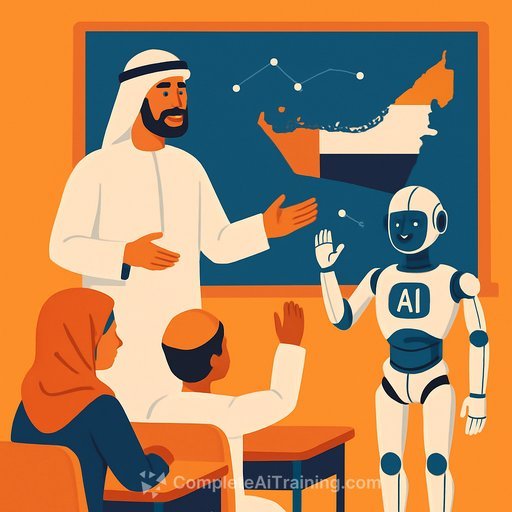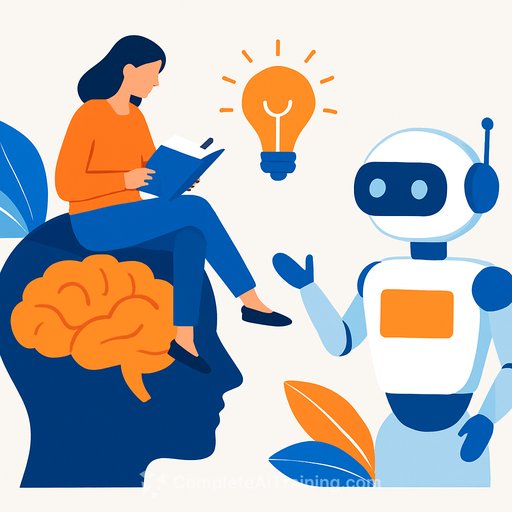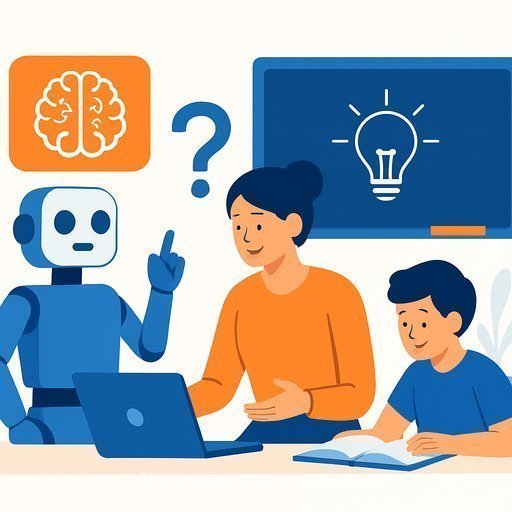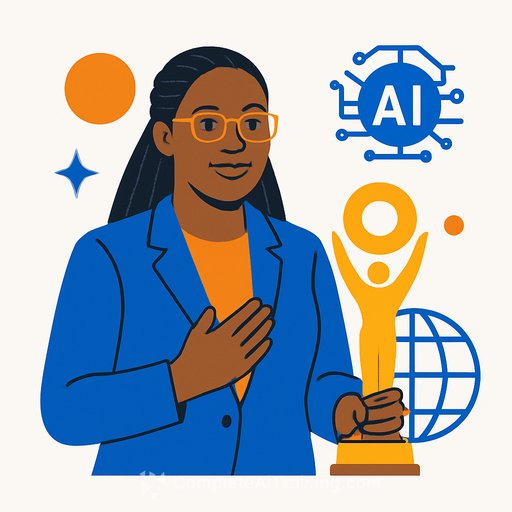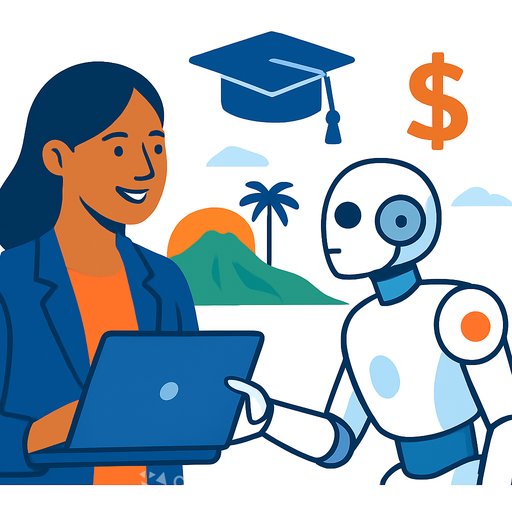AI and the Future of Education: What Educators Can Do Now
At K-Edu Expo 2025 in Gyeongju, a special dialogue brought together Lee Sedol of UNIST's AI Graduate School and Salman Khan, CEO of Khan Academy, to talk about AI's role in learning. Lee joined on site; Khan connected from the U.S. The conversation was simple at its core: AI can widen gaps or close them-depending on what schools do next.
"Those who utilize and understand AI well will move forward." - Lee Sedol
"The better students are at asking questions to AI, the better their learning outcomes." - Salman Khan
The real risk: a widening gap
Lee pointed to Go as an early warning. After AlphaGo, he expected skill levels to rise together. Instead, players who trained with AI pulled away, and lower-ranked players struggled even more to catch up.
Khan echoed this in classrooms. A small slice of students-roughly 15%-use AI effectively. The majority lag because they don't know how to ask the right questions. In other words, access alone isn't enough; guidance matters.
What schools can do this semester
- Teach prompt-crafting as a core literacy. Use a simple structure: role, goal, constraints, examples. Require students to submit their prompts, iterations, and how they judged outputs.
- Grade the process, not just the product. Ask for an AI usage log (tool, prompt, version, changes) and short reflections on accuracy and bias.
- Close access gaps. Provide safe, school-approved AI tools on shared devices. Offer quick after-school labs or 20-minute "AI office hours."
- Build a student tutor corps. Train advanced students to coach peers on prompt strategy and verification-peer support scales faster than staff alone.
- Design assessments that value thinking. Mix oral checks, variant problem sets, and "show your reasoning" rubrics. Randomize values where it makes sense.
- Invest in teacher practice. Run weekly 30-minute tryouts with one classroom task and a "prompt of the week." Start small, document wins, then standardize.
- Teach verification as a habit. Cross-check facts, cite sources, and compare answers across two models for contentious items.
Human + AI works better than either alone
Lee shared that AlphaGo played moves humans had long avoided. They weren't impossible-just outside our old assumptions. That's the point: AI can expose blind spots. Educators can do the same for students by pairing AI output with human judgment, context, and ethics.
Use AI to surface options, not to replace thinking. Let students debate trade-offs, defend choices, and refine prompts based on feedback. That's where learning sticks.
Access without ceilings
Khan highlighted an Afghan student who, blocked from formal schooling, studied with AI tools and peer tutoring to gain admission to MIT. It's a signal: with the right support, motivated learners can go far, even in difficult conditions. Personalized practice and feedback can widen opportunity-if schools make it reachable and teach students how to use it.
Who spoke at K-Edu Expo 2025
Lee Sedol is one of South Korea's top professional Go players. In 2016, he became the only human to defeat AlphaGo, with one win in a five-game match. He retired in 2019 and in February was appointed special professor at the UNIST AI Graduate School.
Salman Khan is the founder and CEO of Khan Academy, a free global learning platform serving 160 million users in 50 languages across 190 countries. It offers lessons in math, science, programming, and more.
Quick resources for educators
- Khan Academy - free courses, practice, and AI-enabled tools for classrooms.
- Prompt engineering guides and courses - practical ways to teach and use prompts in instruction.
Bottom line
AI won't level the field on its own. The schools that teach students how to ask better questions-and give teachers time to practice-will pull ahead. Set the norms, build the habits, and the benefits follow.
Your membership also unlocks:

